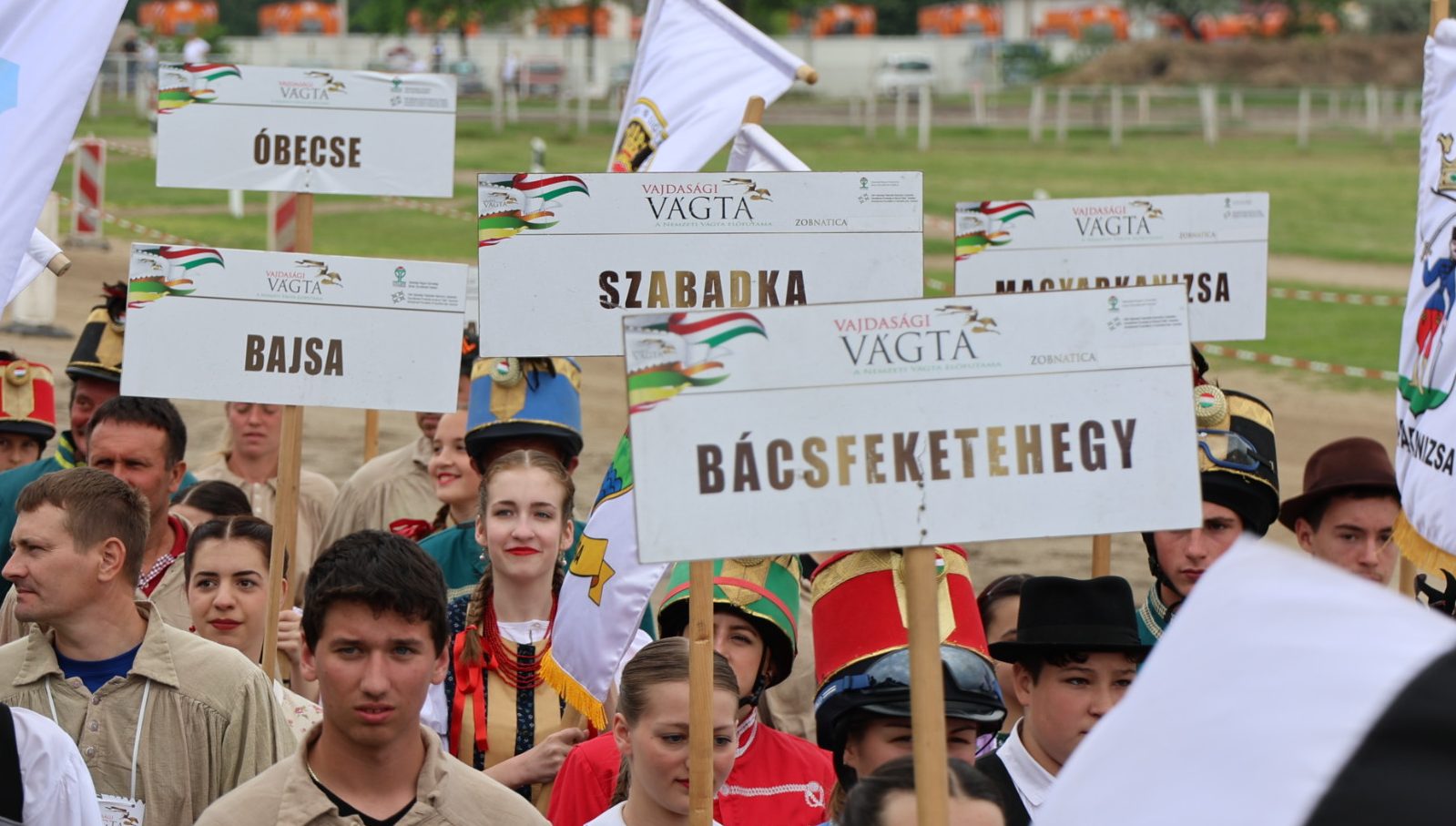Will Johann Gottfried von Herder's prophecy about Hungarians disappearing in Europe be fulfilled, or will history prove him wrong?Continue reading

The situation of minority languages in Serbia has improved, but the government in Belgrade needs to make further efforts to promote bilingual education and encourage the use of minority languages in the media and in public life.
The Council of Europe reported on the application of the European Charter for Regional or Minority Languages (ECRML) that Serbia has made progress in implementing its commitments under the charter, with the process of official use of minority languages in the country accelerating.
While commending the progress made, the rapporteurs pointed out
that efforts are needed to ensure the official use of minority languages in several municipalities.
While various levels of minority language education are provided in Albanian, Bosnian, Bulgarian, Croatian, Hungarian, Romanian, Ukrainian, and Slovak, other minority languages are not used at all levels of education. Regarding adult education, it was noted that with the exception of Hungarian, no other minority language is used in the adult education courses organized by authorities.
The rapporteurs acknowledged that most minority languages are used in both public and private television and radio programs, but reiterated their earlier recommendations for longer and more regular minority language programs and for the production of content in different genres. The Serbian authorities should develop a comprehensive media plan for each minority language, they argued.
It was also stated that the budgetary and staffing capacity of the Councils for National Minorities should be significantly strengthened in order to effectively promote the use of minority languages in public life.
There is also a need for Serbia to integrate minority language and culture content into national curricula, teacher training, and teaching materials for majority education,
they added.
As for the use of the Hungarian minority language, the report confirmed that pre-primary, primary, secondary, and vocational education in Serbia is provided in Hungarian, and bilingual education in Hungarian and German is also provided in kindergartens.
Hungarian minority representatives said that the use of the Hungarian language in courts could be increased if more Hungarian-speaking lawyers were trained. Although Hungarian-speakers often submit oral or written applications in Hungarian to local branches of the national authorities, the latter do not usually prepare Hungarian-language documents, they wrote. Hungarian speakers’ representatives also expressed the need for more funding for cultural institutions, including libraries that use Hungarian.
Finally, the committee of experts encouraged Hungarians living in Serbia to use their mother tongue when in contact with local branches of the national authorities and to help the authorities prepare documents in Hungarian. They also urged the Serbian authorities to take measures to encourage the use of Hungarian language when communicating with public services.
Via MTI, Featured Photo via Facebook/Dr. Pásztor Bálint